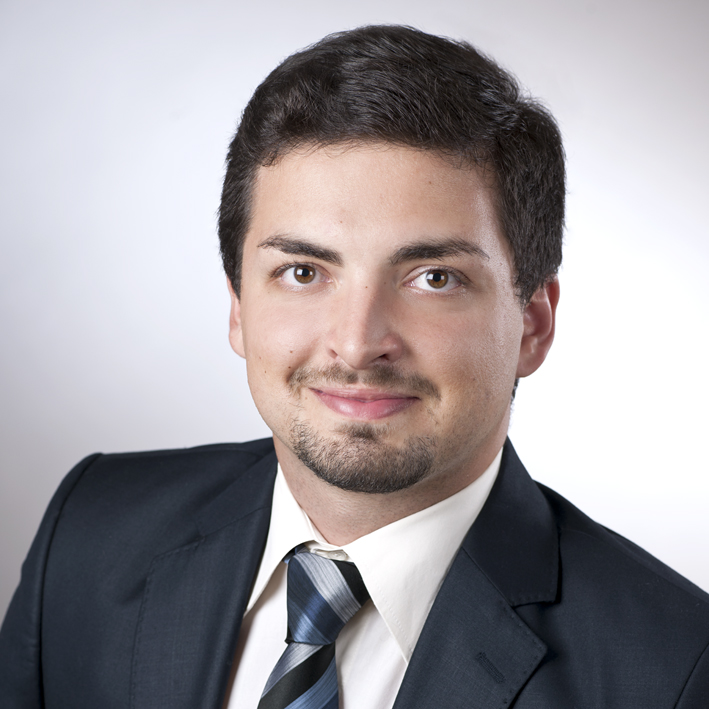
Dr. Konstantin Gavras
Nesto Software GmbH | Data Scientist | R & Python User
e-Mail: konstantin@gavras.de
Follow @kongavras Follow @KostaGav| Home | Research | Projects | Contact |
Dr. Konstantin Gavras
I am a Solution Engineer and Senior Data Scientist at the Nesto Software GmbH, holding a Ph.D. in Political Science from the Graduate School of Economic and Social Sciences. After completing my dissertation, I became part of Nesto and started to support the gastronomy and other labour intense companies in the hotel as well as retail sector to solve their operational problems using machine learning and mathematical optimization. The main goal in my work is to use cutting-edge technology to facilitate work in everyday use cases and support our key accounts in implementing the provided solutions in their companies.
Data Science
From July 2018 to February 2019 I was working as a Data Scientist for the health and fitness company Vitaliberty GmbH developing a Shiny-based dashboard to evaluate the performance of the fitness app FiTS. I have also developed an R-package which allows users to retrieve large-scale data sets from the Internet Archive using their API for research on public political communication or historic internet content: archiveRetriever. Furthermore, Jan Karem Höhne, Danish Daniel Qureshi and I developed SVoice, which enables researchers to record respondents’ voice answers to survey questions in (mobile) web surveys: SVoice. I also gave several talks on the implementation and deployment of Shiny Apps and was an invited speaker at the Gurobi Live Decision Intelligence Summit.
Research
My core research interests at University comprised the intersection of Social Psychology and Political Behavior, focusing on the behavioral consequences and conditions underlying political attitudes regarding both domestic and foreign policies. I am also interested in the determinants of political attitudes and their impact on voting behavior and the mechanisms of elite-media-public political communication. Methodologically, I employ natural language processing, multi-level modeling, quantitative text analysis and latent modeling framework. My research has been published in Research & Politics, the British Journal of Political Science, Electoral Studies, the European Journal of Political Research, the Politische Vierteljahresschrift and the International Journal of Social Research Methodology.
In my dissertation, I examine the conditions for the Europeanization of public discourse and the nature of Europeanized public discourse. My work provides a framework and first empirical evidence on the Europeanization of public discourses in all EU member states, using multi-lingual quantitative text analysis on a large data set retrieved from the Internet Archive. It serves as a basis to gain a better understanding on public discourse in the European multi-level system.
Together with my great collegues I am also working on several smaller projects including a machine learning approach to derive ideological positioning and its dependency on the political discourse based on press releases by the German political parties, and a rigorous test of the conflicting hypotheses regarding the changes in citizenship and democratic norms over one’s lifespan. I am involved in a project examining the persistence of the winner-loser effects after elections. Additionally, I have worked on a project investigating the peculiarities of information search processes in the political domain based on the Attraction Search Effect.
I make use of several statistical software in my projects. I mainly work with R for multivariate analysis and web scraping as well as Python for natural language processing and machine learning projects. Additionally, I use Stata and MPlus for specific research projects and am able to work with SPSS and apply MS Office and LaTeX as text processing and presenting tools.
Teaching
Since August 2016 I teach undergraduate seminars in Political Sociology and Quantitative Methods. I taught classes on political ideologies and their impact on attitudes and behavior, a reading seminar on the classics of political attitude and voting research, and gave statistical courses in multi-level modeling and survey experiments. In Autumn 2018, I also received the Baden-Württemberg Zertifikat für Hochschuldidaktik.
My teaching for the undergraduate seminar “Ideologien, Einstellungssysteme und ihre politischen Konsequenzen” in Autumn 2016 was awarded with the GESS Teaching Award 2017.
CorrelAid
Since early 2015 I am member of CorrelAid, a network of young data analysts who seek to change civic society with a more inclusive, integrated and innovative approach to data analysis. The network takes a leading role in pro-bono data analysis and consultation for social organizations within Germany. CorrelAid builds on three pillars: It takes a pioneer role in analytics consulting for Non-Profit-Organizations. It connects young, driven data scientists and offers them the possibility to apply and develop their skills on real world problems. And it starts a dialogue on the potential of data and analytics for civic society.
With the establishment of CorrelAid, I became a member of our pilot project with the Boy Scouts of Northern Germany and carried out our project with the Assocation of Debatting Unions at Universities (VDCH) and the German Debating Union (DDG) as team leader. In the last years, I was building a local chapter at the University of Mannheim in which CorrelAid provides the students with workshops and collaborative projects throughout the Rhine Neckar region. Currently, I am CFO of Correlaid.
If you want to learn more about CorrelAid, support our great work or become a member of the network, visit us on our website or follow us on Twitter.